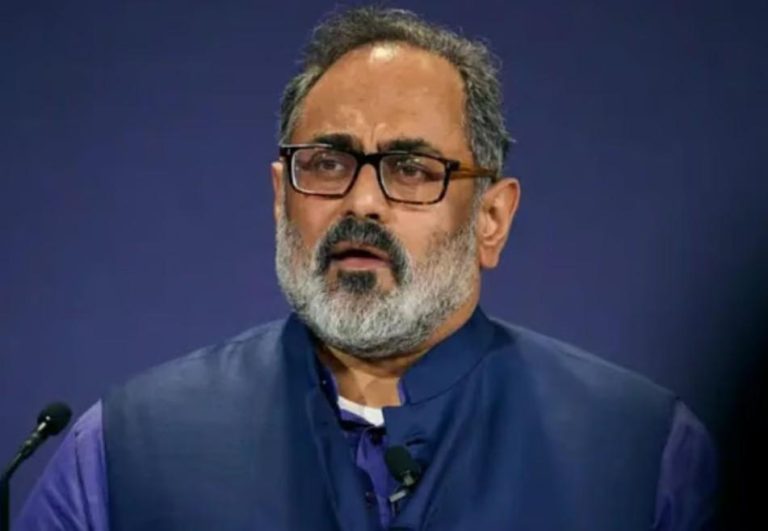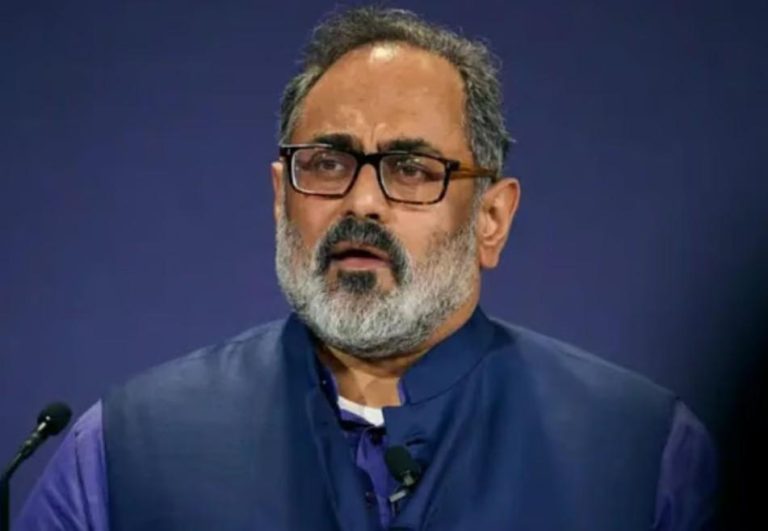
Indian National Jailed for 4 Years in Sri Lanka for Match-Fixing
Cricket, the sport of gentlemen, has been plagued by the scourge of match-fixing for decades. The latest instance of this unethical practice has come to light in Sri Lanka, where an Indian national, Yogi Patel, has been sentenced to four years in prison for his involvement in match-fixing during the 2024 Legends League T20 tournament.
According to a report, Yogi Patel, a 35-year-old Indian national, was found guilty of proposing to fix matches and was handed down a fine of SLR 85 million (approximately INR 43.5 million). In addition to the fine, Patel was also ordered to pay SLR 2 million (approximately INR 1.02 million) to Upul Tharanga, the chairman of Sri Lanka selectors, for defamation.
The incident came to light during the Legends League T20 tournament, a series featuring retired international cricketers from around the world. The tournament was aimed at providing a platform for retired cricketers to showcase their skills and entertain fans. However, the involvement of match-fixing officials and players has tarnished the reputation of the tournament.
Patel, a former cricketer himself, was accused of consorting with bookmakers and other match-fixing officials to manipulate the outcome of matches. He allegedly approached several players during the tournament, offering them large sums of money to influence the result of the games.
The Sri Lankan authorities took swift action against Patel, and he was arrested and charged with match-fixing. The court, after hearing the evidence, found him guilty and handed down the four-year sentence.
The sentence has sent a strong message to cricketers and fans alike that match-fixing will not be tolerated in the sport. The Sri Lankan cricket authorities have also been commended for taking swift action against the accused, ensuring that the integrity of the game is maintained.
Match-fixing is a serious offense that can have far-reaching consequences for the sport. It undermines the trust and respect that fans have for the game and can lead to the downfall of careers and reputations. The incident in Sri Lanka is a stark reminder that match-fixing is a real and present threat, and it requires constant vigilance and action to prevent.
Cricket has a long history of match-fixing scandals, with some of the most high-profile cases involving international players and officials. The sport has been plagued by corruption, and it has taken significant efforts to combat this problem.
In recent years, the International Cricket Council (ICC) has taken several steps to curb match-fixing, including the establishment of an Anti-Corruption Unit. The unit has been responsible for investigating and prosecuting cases of match-fixing, and it has had some notable successes in recent years.
However, despite these efforts, match-fixing remains a significant problem in cricket. The sport needs continued vigilance and action to prevent corruption and maintain the integrity of the game.
The sentence handed down to Yogi Patel is a welcome development in the fight against match-fixing. It sends a strong message that those who engage in this unethical practice will be held accountable and punished accordingly.
The incident also highlights the need for greater vigilance and awareness in the sport. Players, officials, and fans must be aware of the risks and consequences of match-fixing and work together to prevent it.
In conclusion, the sentence of Yogi Patel is a significant step forward in the fight against match-fixing in cricket. It demonstrates the commitment of the Sri Lankan authorities to maintaining the integrity of the game and sends a strong message to those who engage in this unethical practice.
Source:






